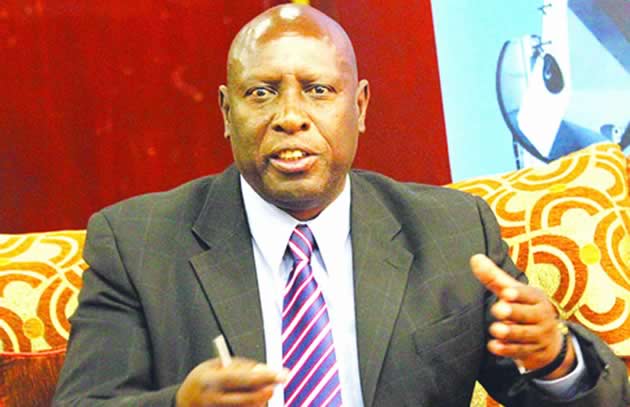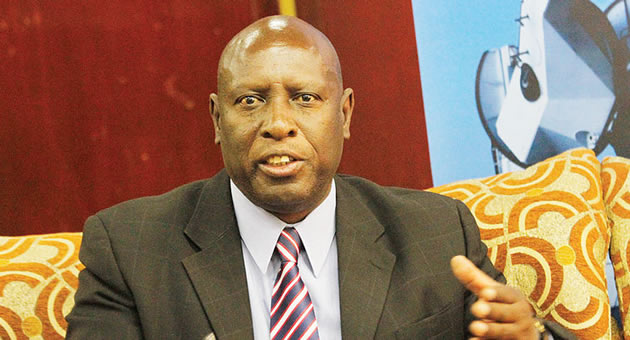Government to ban use of ordinary diesel: Undenge

Tendai Rupapa Senior Reporter—
Government will by March 1 next year, ban the use of ordinary diesel (D500) and introduce the more efficient D50, Energy and Power Development Minister Dr Samuel Undenge has said. Addressing a Press conference in Harare yesterday, Dr Undenge said adoption of diesel 50 was in line with the dictates of the National Energy Policy. The policy promotes the use of low sulphur and cleaner fuels as a measure to curb vehicle emissions, improve outdoor air quality and engine performance.
Government is also working on moving from unleaded petrol 93 to unleaded petrol 95, which will also come with climatic, environmental and health benefits. “Diesel 50 is a better product compared to diesel 500 as it is more environmentally friendly, has better combustion quality, resulting in improved fuel consumption and engine performance,” said Dr Undenge.
“With effect from November 1 this year, all fuel importers will be required to import only diesel 50 into the country. A grace period of four months will be allowed to flush out residual stocks of diesel 500 from the distribution infrastructure. “It is expected that with effect from March 1 next year, all diesel sold at the retail sites shall be diesel 50 and selling of any other fuel grade would become an offence.”
Minister Undenge said the National Oil Infrastructure Company of Zimbabwe (NOIC) had since been requested to prepare the pipeline and depots for the pumping and storage of diesel 50. He said the switch from road transportation to pipeline transportation would help reduce costs from 13 cents to 6,6 cents per litre. Minister Undenge said the four cents per litre subjected to all the fuel being transported by road will fall away.
“The price of diesel 50 should also be looked at in light of the benefits it brings to motorists and to public health,” he said. Minister Undenge said countries in the SADC region were working closely on the adoption of diesel fuel with even lower sulphur content than diesel 50, in order to increase the quality of fuel used in line with the dictates of the United Nations Climate Change control initiatives.
“The SADC region is being encouraged to further migrate to ultra-low-sulphur diesel (10 ppm) which, therefore, means that it is the target we shall now be chasing,” he said. In December last year, Government launched the diesel 50 awareness programme to promote the use of low sulphur fuel which was done through a promotional workshop.
In 2007, the country migrated from diesel 5 000 to diesel 500 and in 2015 it introduced diesel 50 on the market, which is currently selling alongside diesel 500 at a number of forecourts. Dr Undenge said the demand for diesel 50 on the local market continued to increase, with figures showing that it accounted for about 5,3 percent of the market share and the monthly consumption increased from about 1,7 million litres in 2015 to about four million litres last year.









Comments